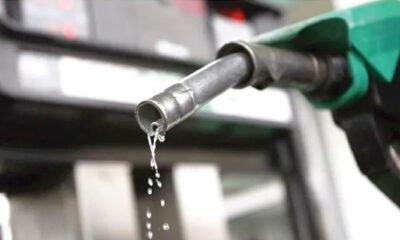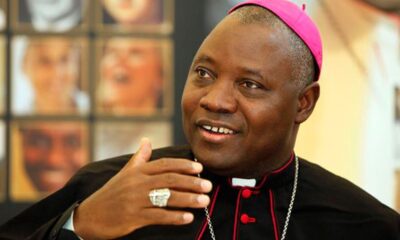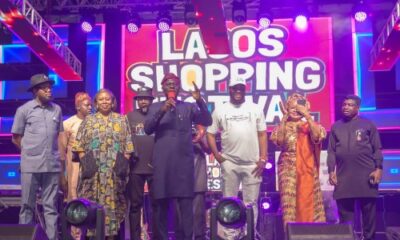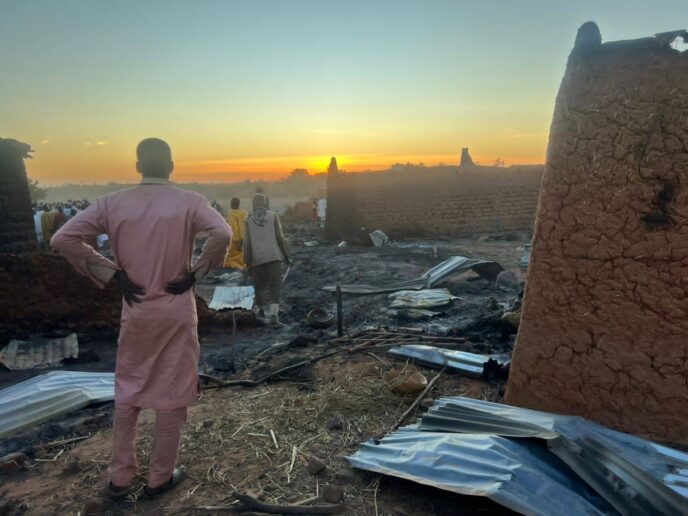BIG STORY
FOREX: Dollar Hits N615, Local Raw Materials Sourcing Drops To 52%
-

 BIG STORY3 days ago
BIG STORY3 days agoDeji Ogunsakin Launches The Better Life Foundation, Donates Food And Cash Gifts To Widows In Ado-Ekiti
-

 BIG STORY3 days ago
BIG STORY3 days agoJUST IN: Oriyomi Hamzat, Queen Naomi, School Principal Remanded In Agodi Prison Over Ibadan Stampede
-

 BIG STORY3 days ago
BIG STORY3 days agoTinubu To Hold First Presidential Media Chat Tonight
-

 BIG STORY3 days ago
BIG STORY3 days agoTax Reforms Here To Stay, But I Don’t Mind Making Concessions — President Tinubu
-

 BIG STORY4 days ago
BIG STORY4 days agoFederal Government Declares Public Holiday For Christmas, New Year Celebrations
-

 BIG STORY4 days ago
BIG STORY4 days agoPetrol To Sell At N935 Per Litre From Today — IPMAN
-

 BIG STORY4 days ago
BIG STORY4 days agoTinubu’s 50% Transport Reduction Scheme May Begin Tuesday
-

 BIG STORY3 days ago
BIG STORY3 days agoNo Regrets Removing Subsidy, Tax Reform Will Go Ahead — President Tinubu


























